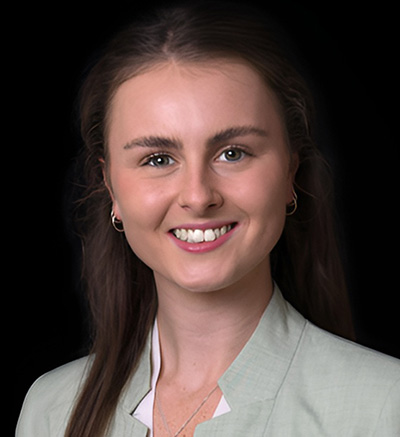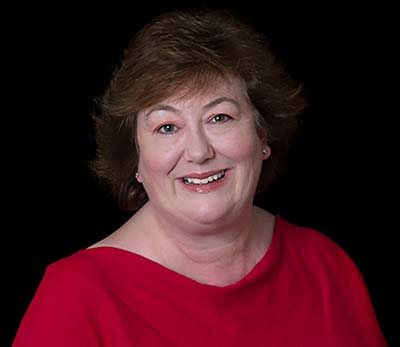A Special Guardianship Order is one of the options for a child where they are unable to live with their birth family. It is an order of the Court under the Children Act 1989 which grants one or more "special guardians" parental responsibility over a child. The Special Guardianship Order gives the special guardian parental responsibility over the child until they reach the age of 18. This means that they are responsible for day to day decisions on behalf of the child, such as their education. The birth parents still have some parental responsibility for the child but it is limited and the special guardian is only required to consult with them in exceptional circumstances. For example, the special guardian can remove the child from the UK for up to 3 months without consulting anyone else and make decisions about religion, and medical treatment.
However, the special guardian cannot make the following decisions on their own:
- Changing the child's surname
- Granting the child permission to marry
- Placing the child for adoption
- Consenting to the child being sterilised
- Granting parental responsibility to a father or step parent
When is a special guardianship necessary?
A Special Guardianship Order is an alternative to the limitations of adoption or fostering. With adoption, the birth parents have no parental responsibility and all ties between the child and the birth parents are effectively severed. While fostering does not provide children with a sense of security or belonging neither does it give the foster parents clarity about their role.
There are certain circumstances where a Special Guardianship Order is particularly appropriate:
- Where adoption is not appropriate e.g. where older children need to maintain ties with their birth families
- For asylum seeking children who have strong ties with their birth families abroad
- Where adoption is against the beliefs of the child's caring family
- Where the child lives with extended family who do not wish to adopt them
Applying to be a special guardian
Becoming a special guardian will depend on the Court's decision what is best for the child (a birth parent cannot make an application to be a special guardian). Anyone over the age of 18 who has permission from the Court can apply and applications are often made by grandparents. However the following are commonly also awarded special guardianship:
- A legal guardian
- A local authority foster carer who has fostered the child for up to a year before applying
- Anyone who has a residence order for the child
- Anyone who the child has lived with for three out of the last five years
- Anyone who has the consent of the local authority
- Anyone who has the consent of those with parental responsibility
An application for a Special Guardianship Order requires three months notice to be given to the local authority who will then provide a dossier with the following details: details about the child and their birth family (including contact arrangements), both the child and the parent's wishes and the local authority's recommendations as to whether a Special Guardianship Order should be made.
If a party with parental responsibility disagrees with an application for special guardianship they can make an application to the Court and apply for a Specific Issue Order or a Prohibited Steps Order. Although it is recommended that any disagreements are resolved through mediation, the Court will always make their decision based on what is considered to be best for the child, taking into account the report prepared by the Local Authority.
Get in touch with our solicitors and family lawyers in Chichester, Fareham and Havant
You can contact your local Glanville’s office in Chichester, Fareham, Havant or Petworth or use the contact form below and we will get back to you quickly.



